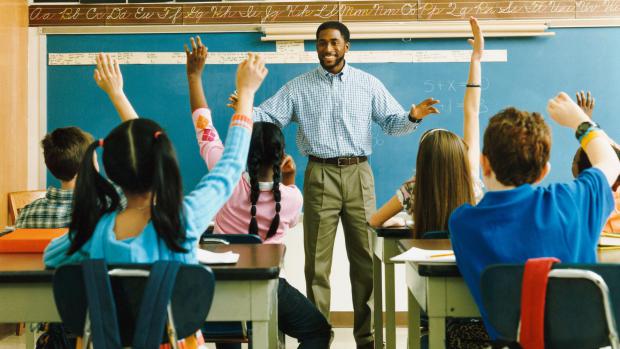
Breaking News
 Brighteon Broadcast News, Jan 7, 2026 - Doctors Replaced by AI...
Brighteon Broadcast News, Jan 7, 2026 - Doctors Replaced by AI...
 US Blockade Of Venezuela Triggers New Spike In Silver Price!
US Blockade Of Venezuela Triggers New Spike In Silver Price!
 Elon Musk Expects True AGI in 2026-2027 and Superintelligence About 2030...
Elon Musk Expects True AGI in 2026-2027 and Superintelligence About 2030...
 They Can't Stop The Unstoppable Rise Of Silver...
They Can't Stop The Unstoppable Rise Of Silver...
Top Tech News
 The First Production All-Solid-State Battery Is Here, And It Promises 5-Minute Charging
The First Production All-Solid-State Battery Is Here, And It Promises 5-Minute Charging
 See inside the tech-topia cities billionaires are betting big on developing...
See inside the tech-topia cities billionaires are betting big on developing...
 Storage doesn't get much cheaper than this
Storage doesn't get much cheaper than this
 Laser weapons go mobile on US Army small vehicles
Laser weapons go mobile on US Army small vehicles
 EngineAI T800: Born to Disrupt! #EngineAI #robotics #newtechnology #newproduct
EngineAI T800: Born to Disrupt! #EngineAI #robotics #newtechnology #newproduct
 This Silicon Anode Breakthrough Could Mark A Turning Point For EV Batteries [Update]
This Silicon Anode Breakthrough Could Mark A Turning Point For EV Batteries [Update]
 Travel gadget promises to dry and iron your clothes – totally hands-free
Travel gadget promises to dry and iron your clothes – totally hands-free
 Perfect Aircrete, Kitchen Ingredients.
Perfect Aircrete, Kitchen Ingredients.
 Futuristic pixel-raising display lets you feel what's onscreen
Futuristic pixel-raising display lets you feel what's onscreen
 Cutting-Edge Facility Generates Pure Water and Hydrogen Fuel from Seawater for Mere Pennies
Cutting-Edge Facility Generates Pure Water and Hydrogen Fuel from Seawater for Mere Pennies
Burned Out Teachers Are Launching Their Own Schools Instead of Abandoning Their Passion...

Microschools can help both teachers and students get re-energized about learning.
Teachers across the country are feeling burned out and depleted, particularly as school coronavirus policies and staffing shortages make their jobs more difficult. According to a survey by the RAND Corporation, almost one-quarter of teachers planned to leave the profession in 2021, and teachers experienced higher rates of work-related stress and depression than other adults.
A recent letter from teachers and staff at a small Vermont public elementary school to their superintendent and school board members echoes the feelings of many public school personnel. "Everybody is stepping up to try to do what is asked of them; everybody is feeling inadequate, exhausted, and defeated much of the time," wrote educators at the Ottauquechee School in Hartford. "Colleagues are questioning whether changing professions is in their best interest."
Rather than abandoning their passion for teaching, some educators are discovering that they can do what they love and avoid the bureaucracy and stress of a conventional classroom by starting their own microschools.
Microschools are modern twists on the quaint, one-room schoolhouse model, where small, multi-age groups of students learn together in more intimate educational settings, such as private homes, with individualized attention from adult educators and facilitators. Interest in microschools accelerated over the past year, as school shutdowns led parents to consider home-based "pandemic pods" to help their children learn in small, safe groups. Some teachers were recruited to lead pods, while others set out to create their own learning communities and microschool models. These entrepreneurial educators are finding that they have many resources available to them to launch their own innovative schools.



